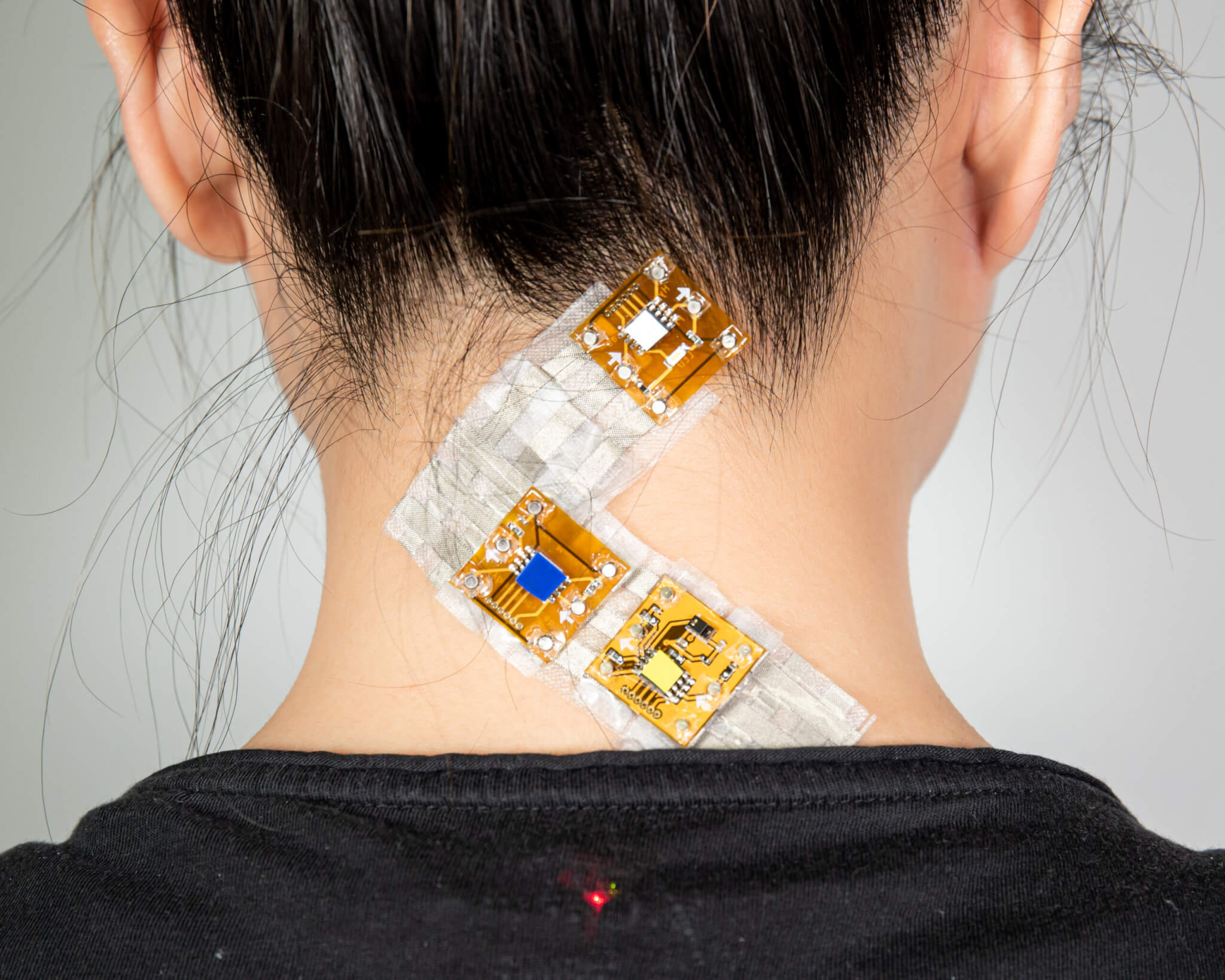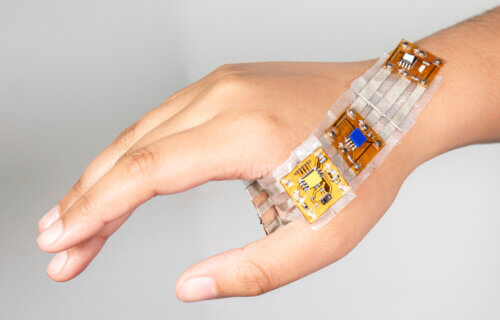ITHACA, N.Y. — They’re known as “smart tattoos,” wearable technology that’s as simple to use as building with LEGO sets. Researchers at Cornell University have developed this innovative on-skin computing system called SkinKit, which offers a range of applications from health monitoring to fashion. SkinKit also aims to overcome the limitations of current wearable technologies by providing a reliable, comfortable, and easy-to-use interface.
“We’ve been working on this for years,” says Cindy (Hsin-Liu) Kao, an assistant professor of human-centered design and the study’s senior author, in a university release. “I think we’ve finally figured out a lot of the technical challenges. We wanted to create a modular approach to smart tattoos, to make them as straightforward as building Legos.”
The critical aspect of SkinKit is its plug-and-play system, which enables even those with little technical expertise to engage with on-skin interfaces. Using temporary tattoo paper, silicone textile stabilizer, and water, the researchers have created a multi-layer thin film structure called “skin cloth.” This material can be easily shaped and combined with electronic hardware to perform various tasks.

One of the significant advantages of SkinKit is its versatility and ease of customization. The wearer can easily attach and detach the modules, allowing for easy reconfiguration and adaptation. For example, suppose you want to use a specific sensor today but require a different functionality tomorrow. In that case, you can simply detach and reuse some of the modules to create a new device within minutes.
The development of SkinKit has involved extensive research, testing, and redevelopment. The goal was to lower the barriers of entry for on-skin interfaces and make them accessible to a broader audience. By simplifying the process and providing a user-friendly experience, SkinKit allows individuals with limited technical skills to explore the world of on-skin computing.
SkinKit represents an exciting step forward in wearable technology, offering a unique combination of comfort, durability, and functionality. Its modular design allows for endless customization, making it suitable for various applications, whether tracking health metrics or expressing personal style through fashion.
The team at Cornell University says they have laid the foundation for future developments in on-skin computing, providing a platform for individuals to experiment, innovate, and create personalized devices. With SkinKit, the possibilities are endless, and the world of technology becomes more accessible to everyone, regardless of their technical background.
The paper was presented at the Association for Computing Machinery’s international joint conference on pervasive and ubiquitous computing.
You might also be interested in:
- Best Fitness Trackers For 2023: Top 5 Wearable Tech Devices Recommended By Experts
- Breast cancer detector using wearable ultrasound patches fits inside a woman’s bra
- Tattoo ‘patch’ made from microneedles offers pain-free alternative to getting inked

